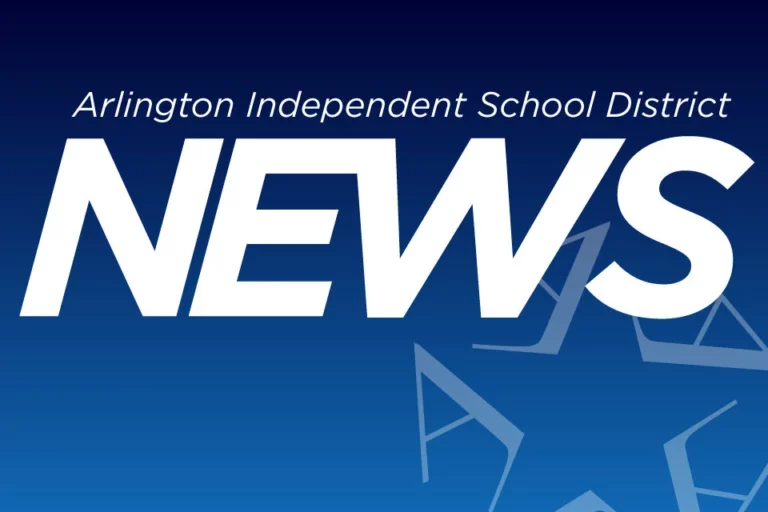
The Arlington ISD Board of Trustees followed many other school districts across the state when it adopted a deficit budget of $25.4 million for the 2024-25 school year during last night’s board meeting. The deficit will be covered by a portion of the district’s reserve funds.
The lack of additional funding from the Texas legislature last year is a significant factor in the deficit budget. The basic allotment per student has remained at $6,160 since 2019, despite a more than 20% increase in inflation. Texas ranks in the bottom ten states in the nation for per-student funding. And, while the state allocated $4 billion for Texas public schools last year, those funds have yet to be distributed.
Attendance rates have dropped from 95% pre-COVID-19 to 93%, impacting funding tied to daily attendance. Additionally, a drop in enrollment, with approximately 5,000 fewer students since the onset of COVID-19, exacerbates the budget shortfall. Factors contributing to this decline include the increased cost of living in Arlington, aging neighborhoods without children, and a predicted decline in the birth rate.
“No one likes a deficit, but the state leaves us no choice when it withholds promised funding and inflation adjustments,” said Justin Chapa, president, Arlington ISD Board of Trustees. “We have reserve funding for the short run, but hard decisions must be made to make our budget sustainable while keeping teaching and learning our top priority.”
The district outlined several action steps to address the budget deficit, including:
- Engaging community stakeholders to assist with budget reduction planning
- Refining the strategic plan to align with community needs
- Reducing recurring costs by evaluating programs and their return on investment
- Aligning resources with strategic priorities
“We’ll be working on these and additional measures to reduce our budget deficit,” said Superintendent Dr. Matt Smith. “We’re committed to working in partnership with our board of trustees to consider every option to reduce the deficit, including ongoing conversations with our partners in the Texas legislature to fund public education now.”
Smith also emphasized the importance of community involvement and urged members to engage with Texas lawmakers about the critical need for adequate public education funding which is the foundation of every thriving community.
